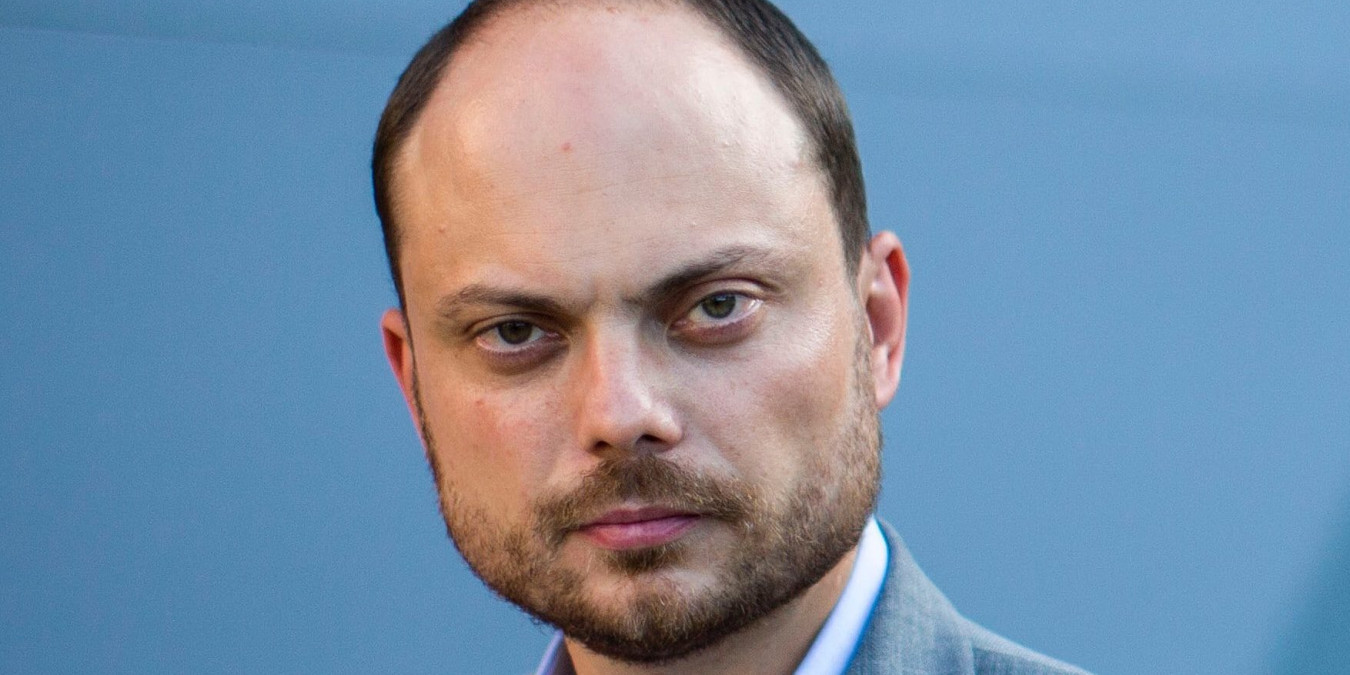Prominent Russian Activist Imprisoned on Fabricated Charges
Published: Apr 18, 2023 Reading time: 3 minutes Share: Share an articleVladimir Kara-Murza, a prominent Russian politician and activist behind the push to adopt the Magnitskiy Act and whose effort has been recognized by numerous awards, including the Council of Europe Václav Havel Human Rights Prize, was yesterday sentenced by a Russian court to 25 years in prison. Kara-Murza was convicted on fabricated and politically-motivated charges, including “treason, cooperation with an undesirable organization and spreading fake information about the Russian Armed Forces”.

The human rights situation in Russia—one that was never great, to begin with—deteriorated rapidly following Russia‘s war against Ukraine in 2014. In 2015, the Putin regime adopted a law on “undesirable organizations” to punish Russian citizens who cooperated with such organizations with a sentence of up to 6 years in prison. In November 2019, People in Need was put on the list following our long-term support of Russian civil society activists. Today, the list of “undesirables” comprises 81 organizations, including prominent media, international human rights and anti-corruption organizations, and educational institutions like universities.
Russia’s unprovoked invasion of Ukraine on February 24, 2022, has killed tens of thousands of people in Ukraine and significantly increased pressure on Russian civil society, especially on individuals and organizations who opposed the invasion, like Kara-Murza.
Following the invasion, a new set of penal code articles were adopted, including the infamous article 207.3, which states, among others, that spreading “fake” information about the Russian Armed Forces carries a penalty of up to 15 years in prison. The number of cases pursued under this article is constantly growing. In addition, further repressive legislation includes harsher punishment for “supporting the enemy“ during the war, a simplification of the process of labelling people as foreign agents, and a total prohibition of “LGBT propaganda”, amongst other measures.
In recent months, according to the human rights and media community, there has also been a significant rise in cases where regular people and public figures are accused of espionage (article 276) and treason (article 275). Most of these cases have no grounds in reality. They are pursued on the grounds that the people accused of these crimes have had the courage to publicly criticize the regime or openly discuss its failures and illegal acts.
The growth of state repression in Russia since its invasion of Ukraine clearly indicates increasing paranoia of the Russian regime and readiness to fight any glimpse of disagreement, disconcert, or deviation from the party line. In unjustly condemning Kara-Murza for his courage to contradict the state, the Russian Federation again shows an open, contemptuous disregard for human dignity, basic freedoms, and fundamental rights. This facet of post-Soviet Russian politics, long known within the human rights community, is now fully on show for the whole world.
Vladimir Kara-Murza has dedicated his life‘s work to the fight for justice for those who have suffered human rights abuses in Russia. He has sought to bring participants and perpetrators to justice. Instead of being congratulated for his courage, he has been condemned. He has joined the ranks of hundreds of political prisoners in Russia. Together, they must be freed, and those responsible for their unlawful imprisonment must be brought to justice.



